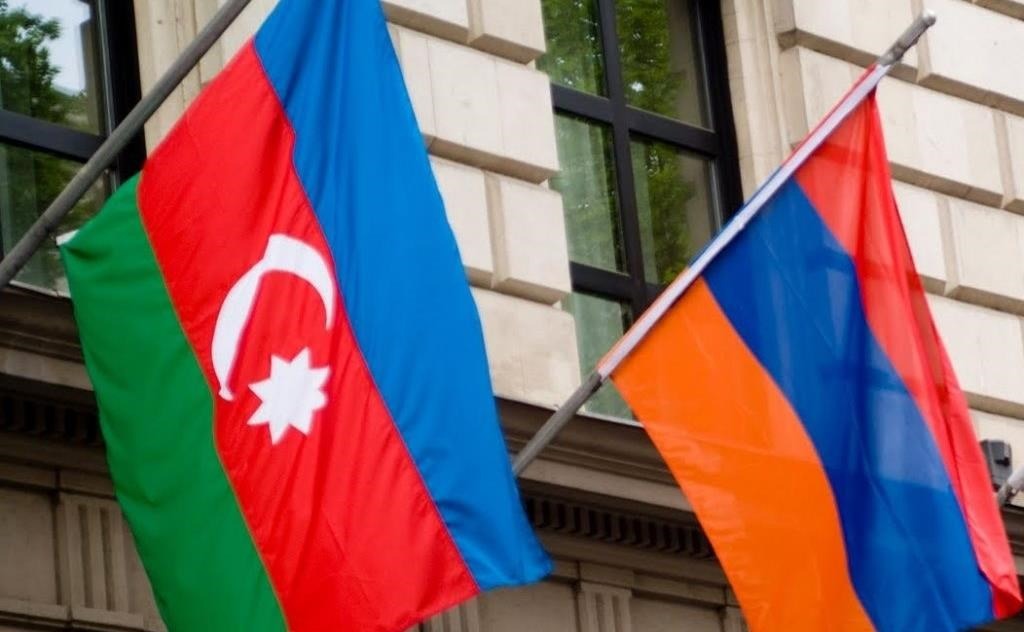Cause of tensions
Under the tripartite agreement, the Republic of Azerbaijan recaptured a large part of the territories occupied by Armenian forces during the 1991-1994 war, forcing Armenia to cede the occupied territories. It can be said that Armenia was the main loser in this agreement, which was reflected in the protests in the cities of Armenia and even the capture of the parliament by the protesters. In contrast, Azerbaijan took back several major cities to its territory. It is natural that this great victory will strengthen Baku’s self-confidence and in return will lead to a sense of humiliation and an attempt by Armenia to change the situation; but in the recent tensions, the main difference is over one of the clauses of the trilateral agreement, according to which a corridor should be created to connect Baku to the Nakhchivan region and Turkey. According to this clause of the agreement, Nakhchivan will be connected to Azerbaijan through Armenia and Russian forces will take over the corridor, but Azerbaijan believes that it has not taken any serious steps in implementing this clause and if this corridor is not established, it will even resort to force. Armenia, meanwhile, believes that Azerbaijan is evading the release of Armenian prisoners of war and establishing border lines as part of a trilateral agreement.
In this regard, according to Armenia, the Azerbaijan forces advanced to a depth of 3.53 km of Armenian territory and tried to take control of Lake Sevlich, which the Armenian army prevented from advancing, and border clashes continued to intensify. The importance of the Sevlich border region is that this point is the main center for the construction of a communication road between Baku, Nakhchivan and Turkey. These developments have given rise to some speculation about new tensions in relations between the two countries.
Among other factors, such as the victory of Nikol Pashinyan, as the main person responsible for the defeat in the 44-day war, and in contrast to the self-confidence and efforts of Elham Aliyev to emphasize issues such as the Turkey-Nakhchivan-Baku corridor and attract public opinion and divert public opinion from the losses and casualties of the Republic of Azerbaijan during the 44-day war have led some to speculate about the emergence of serious and new tensions in relations between the two countries which, of course, given the regional situation, the likelihood of serious tensions leading to war seems small, except on the basis of a special event and surprising development. In fact, the consequences of such a possibility for the countries of the region are such that it does not force them to provoke such an event.
Russian achievements
Paying careful attention to the provisions of the tripartite agreement as well as examining the situation on the battlefield, it can be concluded that Russia has entered the scene with an aim of gaining maximum points from all relevant actors, with a specific and purposeful plan and has become a major player in establishing a ceasefire between the two countries. Strengthening the country’s position in the Karabakh region was one of the achievements of this agreement for Moscow. Moscow behaved in such a way that all the actors acknowledged that it was not possible to disrupt the status quo or create a new form of relations in the region without Russia’s presence and will; at the same time, it showed the president of Armenia that his inclination towards the West could have serious consequences for him. At the same time, Moscow was able to deploy its military forces as peacekeepers on the border with Azerbaijan and even a few kilometers inside the country. In the wake of recent developments, Russia has called on the two sides to remain calm and adhere to the terms of the ceasefire agreement. Russia seems to be trying to make the most of the Karabakh crisis. Russia can play with the two countries as long as the crisis between the two sides is tense, especially since there is a pro-Western approach in both countries, and as long as the crisis remains limited, the two sides will need it to maintain balance. In other words, Russia will not harm the existence of limited and controlled tensions between the two countries and, of course, will not allow the tension to rise to a higher level, particularly, when it is facing Turkey to increase its influence in the Caucasus region, which could make Russia more determined to manage this crisis.
Turkey’s attempt for role playing
Turkey was another important player in the conflict. Turkey continued to support Azerbaijan in the 44-day war. Turkey has long sought to play further role in the Caucasus and Central Asia, and the war and its aftermath helped Ankara pursue its entry into the region more quickly. However, in the event of a recent escalation of the crisis, it is likely to play a disruptive role and raise suspicions in Iran and Russia. Especially in recent years, Recep Tayyip Erdogan has been ambitious in intervening in regional affairs and now facing economic problems and confrontation with the West, especially with the Biden administration – on the most recent issue over Biden’s recognition of the Armenian genocide by Turkey.
In general, it can be said that the Karabakh crisis was calmed to some extent by a tripartite agreement and the end of the war between the two countries, but this problem has not been completely resolved and both sides insist on their legitimacy and the crisis and challenge will continue, although it will not lead to a full-blown war – as it did in 2020 – in the current situation.










0 Comments